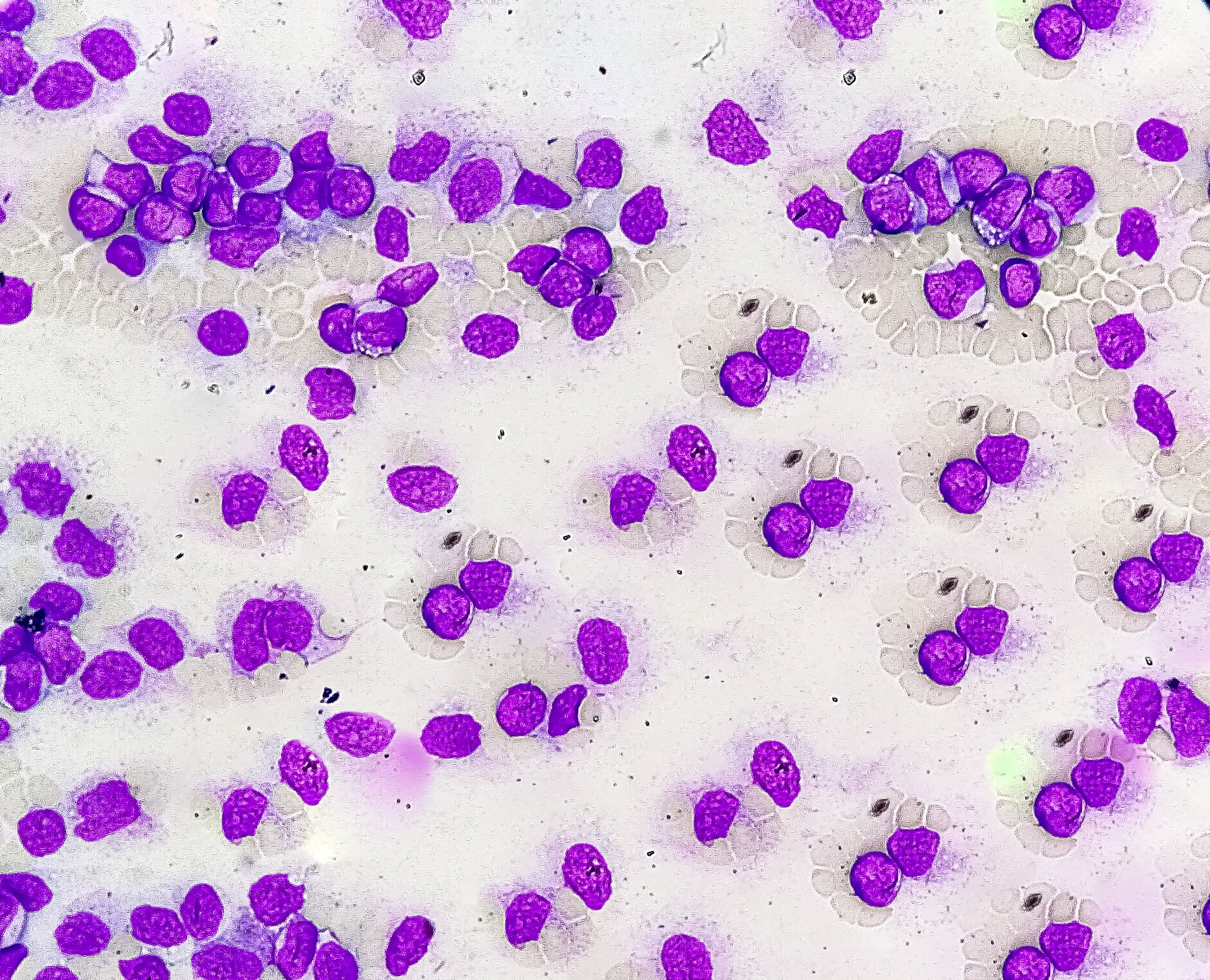Previous research has found negative effects of smoking on cognitive performance in the general population. A recent study examined this issue in a sample of individuals with psychotic illness.
Background: Although smoking is less prevalent in the general population, smoking remains prevalent in patients with schizophrenia. For example, the prevalence of smoking is three times higher in schizophrenics than in the general population. At the same time, cognitive deficits are common in schizophrenics, although the severity of impairment and the cognitive sub-performance domains affected vary widely. To date, the impact of nicotine on cognition has only been studied in the general population. Study results suggest a negative impact. How smoking behavior affects cognition in schizophrenics has not been studied. In addition, it is unknown whether a change in smoking behavior also causes a change in cognitive performance and whether this differs depending on the mental state of the person studied.
Purpose: The present study investigated the relationship between current smoking behavior and performance in specific cognitive subdomains in schizophrenics, their siblings unaffected by the disease, and healthy controls. In addition, we tested whether a change in smoking behavior affects cognitive performance.
METHODS: The GROUP cohort study recruited 1119 patients with nonaffective psychotic disorder, 1059 siblings unaffected by the disorder, and 586 mentally healthy unrelated controls. Assessments were performed on all participants from baseline and three and six years after study entry. Regarding their smoking behavior in the last twelve months and the number of cigarettes per day during the heaviest smoking phase, participants were interviewed using the CIDI-SAM (“Composite International Diagnostic Interview”, “Substance Abuse Model”). Specific cognitive sub-performance domains considered relevant to schizophrenia according to the MATRICS Consensus Cognitive Battery were assessed using different subtests of the WAIS-III. Areas tested included processing speed, working memory, judgment and problem solving, auditory word learning (“Auditory Verbal Learning Test”), and attention (“Continuous Performance Test”). Additional covariates collected were age and sex, years of education, cannabis use, antipsychotic medication, and severity of psychopathology. The latter was assessed using the PANSS, whereas subclinical psychotic symptoms in the siblings and control subjects were assessed using the CAPE score.
Results: Baseline assessment confirmed previous data and indicated that smoking prevalence and number of cigarettes per day were highest in the patient group. However, both values of the sibling group were also significantly increased compared to the control group. The cognitive scores of the nonsmoking control group were the highest, and those of the smoking patient group were the lowest. A significant negative association between smoking and cognitive performance was demonstrated in the patient and control groups in the area of processing speed. For the sibling group, this negative association was significant in the areas of working memory and judgment and problem-solving behavior. Furthermore, a dose-response relationship between number of cigarettes per day and worse scores in the aforementioned cognitive sub-performance domains was demonstrated.
In follow-up assessments, all participants generally showed improved cognitive performance, with smoking behavior mostly unchanged. Improvement in cognition after smoking cessation or reduction of cigarettes/day was demonstrated only in the patient group and only for the processing speed domain. None of the groups demonstrated a negative association between smoking initiation and changes in cognitive performance.
Conclusions: Smoking impairs cognitive performance both in the general population and in people with psychotic disorders, although the cognitive sub-performance domains affected differ. The results of the study under review highlight the importance of psychoeducation about negative long-term effects of smoking as well as smoking cessation in the treatment of psychotic patients to improve cognitive, mental, and somatic health.
InFo NEUROLOGY & PSYCHIATRY 2019; 17(1): 44.











